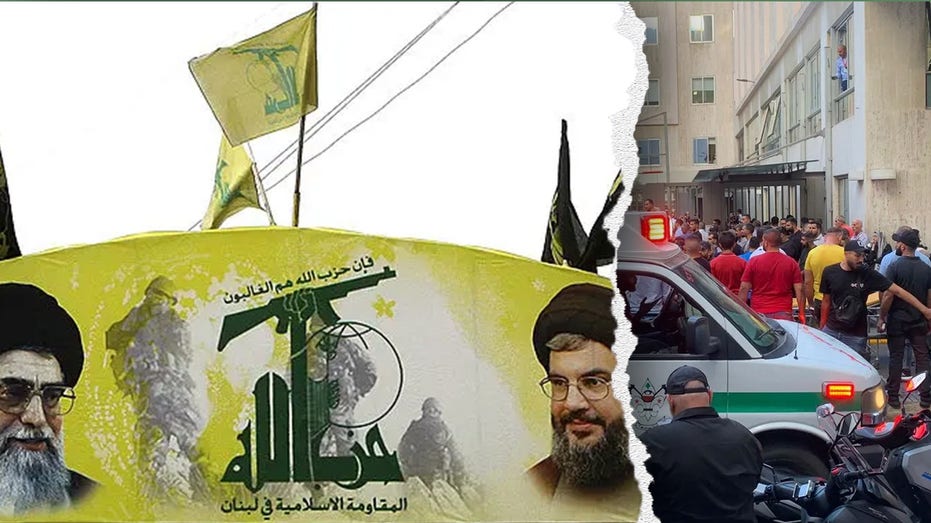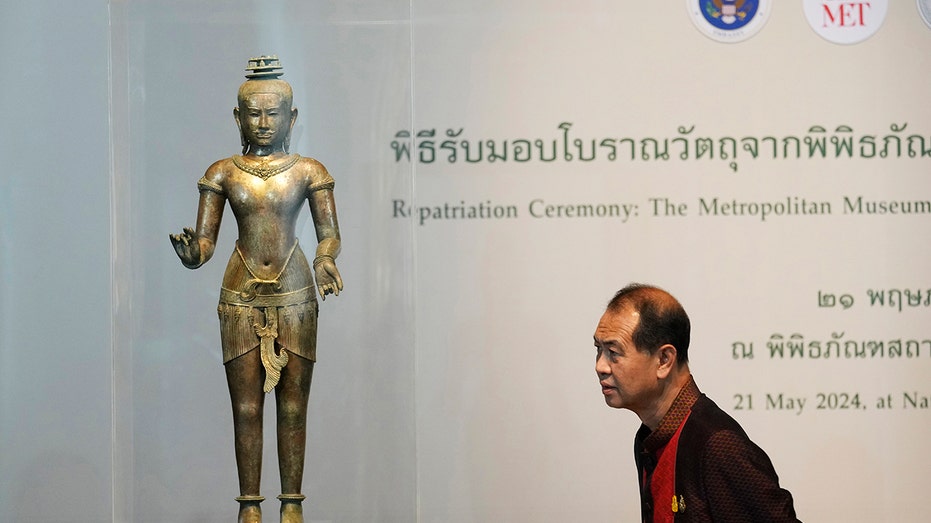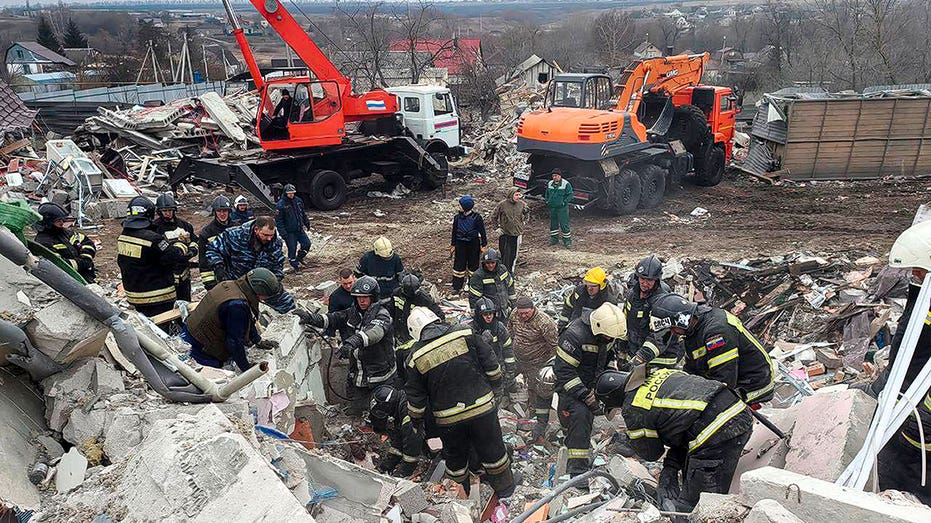The Israeli Defense Forces (IDF) confirmed the leader of the Hezbollah terrorist organization Hassan Nasrallah died in its strike Friday against the group’s headquarters in Lebanon.
“This is not the end of our toolbox. The message is simple, anyone who threatens the citizens of Israel – We will know how to reach them,” the IDF’s Chief of the General Staff, Ltf. Herzi Halevi said of the elimination of Nasrallah.
The IDF attacked the Iran-backed terror proxy’s headquarters in southern Beirut, revealing that they had targeted Nasrallah. A Hezbollah media relations official initially claimed he was “fine and well,” but the Israelis confirmed his death early the next morning.
At least two other people were killed and dozens were wounded, Lebanon’s health ministry said.
On Friday, Secretary of Defense Lloyd Austin told reporters, “The United States was not involved in Israel’s operation,” noting there was “no advance warning,” from the Israelis.
Israeli Prime Minister Benjamin Netanyahu cut short his trip to New York following his speech to the United Nations General Assembly where he warned Hezbollah about Israel’s right to go on the offensive.
“As long as Hezbollah chooses the path of war, Israel has no choice, and Israel has every right to remove this threat and return our citizens to their home safely and that’s exactly what we’re doing,” he said.
After his speech the prime minister’s office released a picture showing the Israeli leader in his New York hotel approving the operation against the terror chief.
ISRAEL TARGETS HEZBOLLAH LEADER NASRALLAH IN STRIKE ON BEIRUT HEADQUARTERS
Rich Goldberg, a senior adviser at the Foundation for Defense of Democracies, told Fox News Digital that Nasrallah’s death would prove a significant victory for Israel due to his close ties to Tehran.
“People don’t appreciate that Nasrallah took over for Soleimani as senior strategist for Khamenei,” Goldberg explained.
“Nasrallah had operational control of Lebanon and Syria: This is not just a strategic game-changer for Hezbollah, Lebanon and Syria, it’s a strategic game-changer for Tehran,” Goldberg explained. “We should assume that the IRGC is effectively in charge behind the scenes. Khamenei clearly had made a decision in recent weeks to avoid inviting Israeli strikes inside Iran.”
“The calculus that led to that decision hasn’t changed,” Goldberg added. “Should Khamenei decide he’s feeling lucky tonight and order a direct attack, we should reset all our assumptions about what Israel is willing to do inside Iran.”




